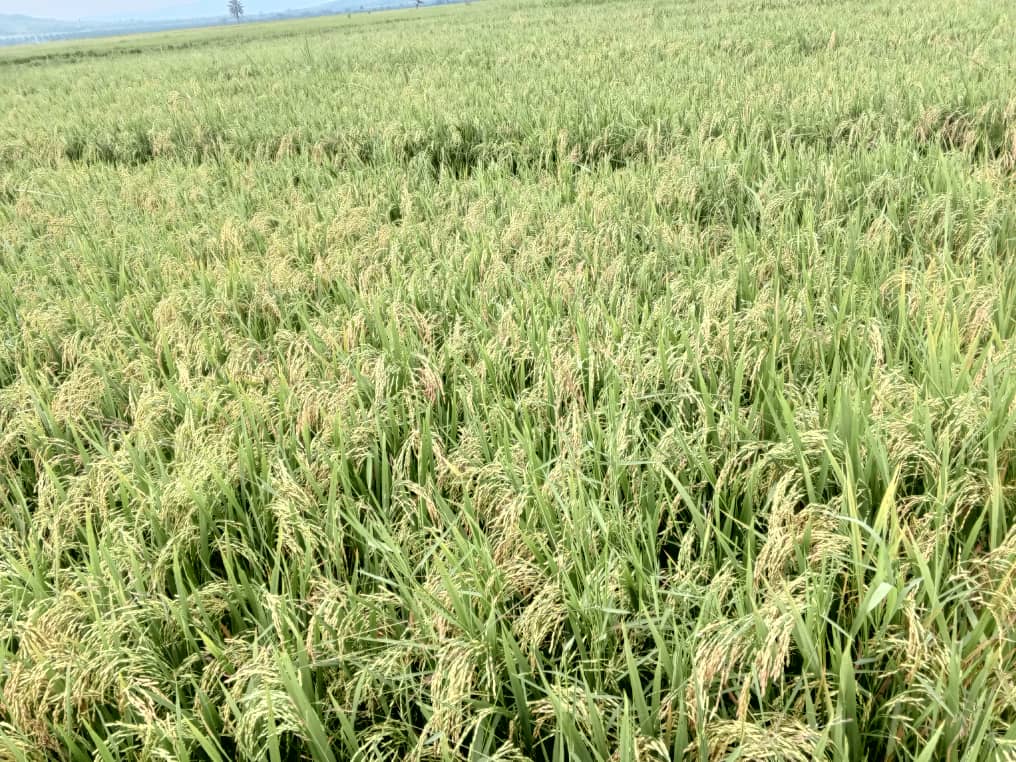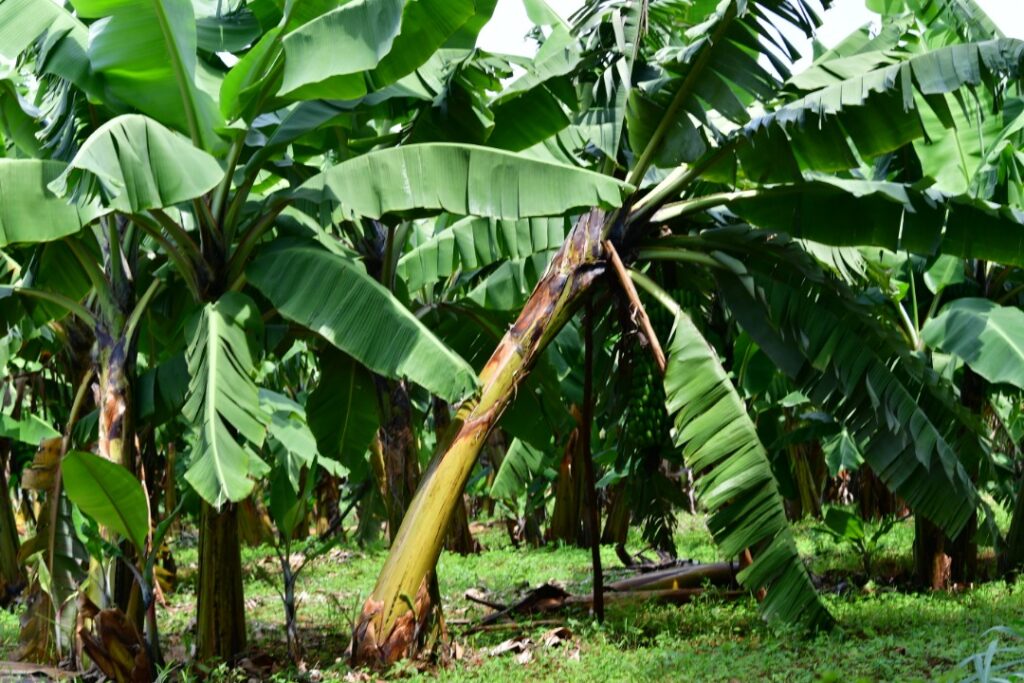The cereals (bean, corn, wheat, soybean, peanut, rice) and vegetables (sweet potato, potato, carrot, amaranth, garlic, onion, tomato and cocoyam) play an important role in national economies and in household consumption, urban and rural households. In Burundi, despite extension of these crops to different agro-ecological zones, domestic supply remains lower than demand. In past decades, farmers relied on chemicals that made soil health and ecosystem degradation with on outcome of insufficient food production. In plus, unavailability of irrigation water, problems of access to agricultural credit, damage/disease caused by the use of those chemicals and pesticides and insufficient extension services are the main constraints for growers. In view of all of these challenges, Eden Stream Foundation (EdSF) works to develop proper solution.
The programme starts in 2022 in province of Bubanza and Cibitoke with capacity building on organic farming technologies, inputs supply to restore the fertile soil matter degraded before applying chemicals and will extend in other provinces of the country, starting in Bururi and Bujumbura Rural by season A 2025/2026. Mitigating an issue of insufficient storage facilities in long run, the programme will digital plat-form for growers for fair market access (national and international markets) and set a mill to attract wholesale competition and boosting high taxes and levies. It’s expected that around 917,420 households will benefit the intervention nationally.
Currently, the programme is looking to cooperate with Government and other partners for the increase adoption of sustainable agricultural technologies, environmental friendly inputs supply increase and the rehabilitation of KAJEKE irrigation pipeline that will cover more than 5,000ha of cereal and vegetable fields to allow growing all seasons A, B and C for increasing production and farmers’ profitability.


